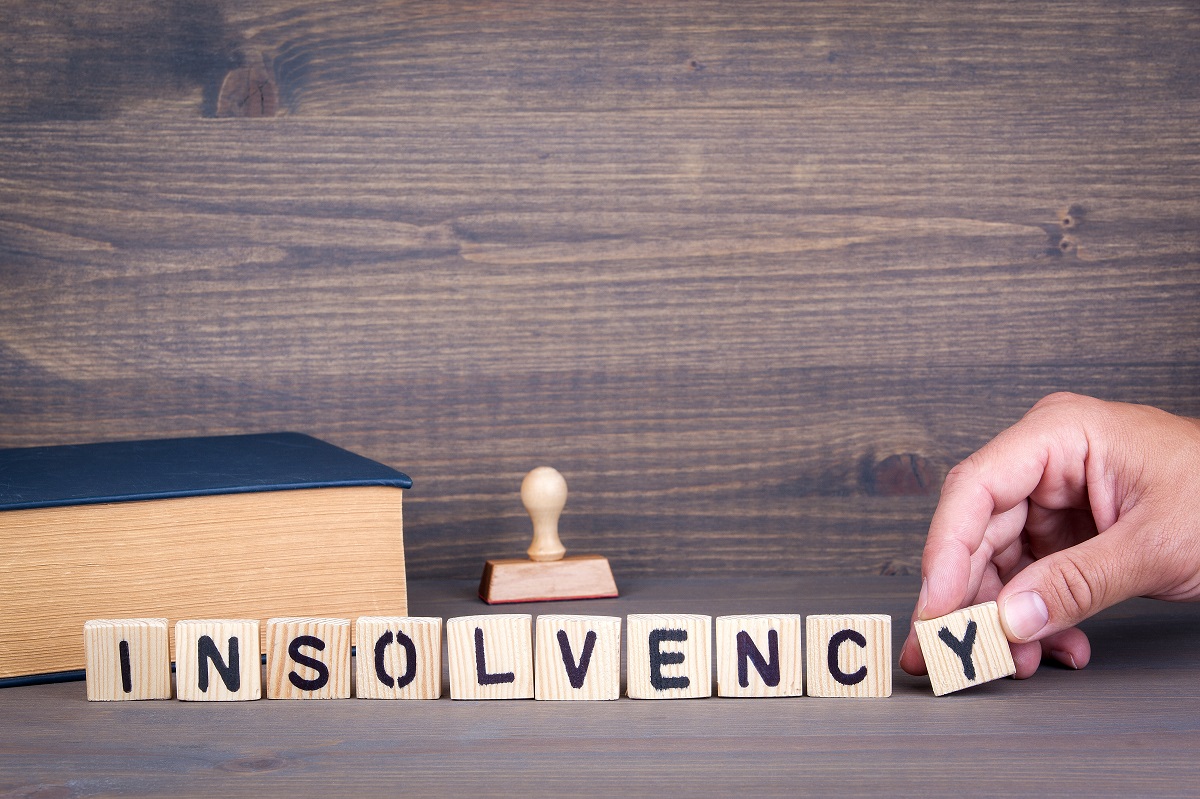The Only Guide for Insolvency Practitioner
The Only Guide for Insolvency Practitioner
Blog Article
The Only Guide for Insolvency Practitioner
Table of ContentsThe Basic Principles Of Insolvency Practitioner Getting My Insolvency Practitioner To WorkGetting The Insolvency Practitioner To WorkThe Of Insolvency PractitionerAn Unbiased View of Insolvency Practitioner
Whether you need to use a bankruptcy expert (IP) to liquidate your firm depends upon different elements. While involving a bankruptcy professional for all types of liquidation is not a lawful demand, doing so can often streamline the procedure and make certain compliance with lawful demands. Liquidating a company is an essential decision that includes significant repercussions.
It is a procedure used when a company does not have any kind of financial institutions, or every one of their financial institutions can be settled in full with statutory rate of interest. Comprehending the various sorts of bankruptcy processes can aid you identify the most effective course of activity for your company's liquidation or other official insolvency treatments itself.
This is obligatory in order to comply with lawful needs - Insolvency Practitioner. This is due to the fact that IPs have the required certifications and experience to ensure that the liquidation procedure is performed according to all suitable legislations and laws. By engaging a certified insolvency professional, you can have comfort recognizing that your company's liquidation procedure will certainly be dealt with skillfully and in compliance with the pertinent lawful requirements
More About Insolvency Practitioner
The insolvency practitioner is designated as a liquidator and is in charge of managing the company and liquidator's debts outstanding responsibilities and assets. This procedure entails liquidating the firm's possessions and distributing the proceeds to lenders. Upon conclusion of the process, the company is removed from the register at Business Home.
Stopping working to do so can cause individual responsibility for the business or director for the lender's financial obligations. Voluntary liquidation, which consists of Lenders' Volunteer Liquidation (CVL) and Participants' Volunteer Liquidation (MVL), is started by the firm's directors and investors when they can no more pay their financial obligations. In a CVL, the bankruptcy expert is assigned as the liquidator, in charge of handling company financial debts and all business properties.

4 Simple Techniques For Insolvency Practitioner
By examining the competence and experience of potential insolvency professionals, you can ensure that you choose a practitioner who possesses the required credentials to manage your company's liquidation process properly. While insolvency practitioner-led liquidation is frequently one of the most ideal strategy for business dealing with bankruptcy, there are alternative techniques to think about, such as striking off and partial liquidation.
It's crucial to examine all readily available options before deciding on the following best remedy or course of activity for your company. Striking off business' registers is a much more uncomplicated and cost-effective way to shut inactive or little business without any financial obligations or assets. To strike off a business, its name is gotten rid of from the Companies Home register by sending form DS01.
Before selecting striking off, it's vital to evaluate the benefits and disadvantages of this approach and take into consideration whether it's the best option for your company. Partial liquidation is an additional alternative to insolvency practitioner-led liquidation, where a firm liquidates specific assets and responsibilities while remaining to run with the remaining properties and obligations.
An Insolvency Specialist will have the ability to encourage you of the most effective strategy to take and make sure that everything runs smoothly. Unfortunately, it is not feasible to liquidate a business without a liquidator. Selecting an authorised bankruptcy specialist is necessary for the procedure of volunteer liquidation to start.
The Ultimate Guide To Insolvency Practitioner
It is feasible to close and description liquidate your firm without using a liquidator, given your company is solvent and you satisfy the qualification requirements to dissolve or liquidate it. Nonetheless, if your company is financially troubled, you might be called for to visit the website use a liquidator and begin official insolvency procedures. Below are a few other useful posts relating to company liquidation in the UK:.
Being in a setting where you're not able to pay your firm's financial institutions is incredibly difficult. In an attempt to prevent boosting the level of financial debt, many firms try to discuss straight with their creditors and consent to an informal plan. If the financial debt is rather tiny and owed to one lender, and the creditor is being participating, getting in right into an informal financial obligation setup is probably the most effective option, rather than browsing the internet for 'an insolvency professional near me'.
On the various other hand, if there are multiple lenders and the level of debt is huge, lenders may not be so eager or cooperative. To avoid liquidation or personal bankruptcy, it is far better to work with an insolvency practitioner to attract up formal proposals and work out with lenders on your behalf.
Examine This Report on Insolvency Practitioner
Whilst it is a method to manage financial obligation, there are considerable dangers included with this kind of financial debt setup - Insolvency Practitioner. If a financial institution wants to become part of an informal arrangement (IA) where the borrower has Our site actually concurred to make regular, if reduced, settlements to pay back the financial obligation, it's crucial to adhere to the agreement

As a result, the lender is within their civil liberties to back out of the arrangement and petition the courts for your business to be liquidated any time. An official setup that has actually been recommended by a bankruptcy specialist in your place, and concurred by a lender, provides a much safer alternative.
Report this page